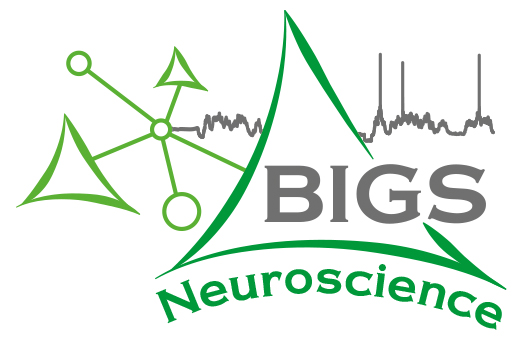Prof. Dr. Shadi Albarqouni
Group leader
Computational Medical Imaging Research
Prof. Dr. Shadi Albarqouni
CIR Professor
Computational Medical Imaging Research
Department of Diagnostic and Interventional Radiology
University Hospital Bonn
Venusberg-Campus 1
53127 Bonn
CIR Professor
Computational Medical Imaging Research
Department of Diagnostic and Interventional Radiology
University Hospital Bonn
Venusberg-Campus 1
53127 Bonn
Phone: +49 (0) 228 287 19089
Email: shadi.albarqouni(at)ukbonn.de
Research Focus
The Computational Imaging Research, led by Prof. Albarqouni, is a research group located at the Clinic for Diagnostic and Interventional Radiology, Faculty of Medicine, University Hospital Bonn. We focus on developing and introducing Computational Medical Imaging algorithms into clinical practice. Our carefully designed algorithms mitigate the major challenges in medical imaging, e.g., i) the availability of a few annotated data, ii) low inter-/intra-observers agreement, iii) high-class imbalance, iv) inter-/intra-scanners variability and v) domain shift. Our developed algorithms not only save export labor and effort, but they are also fully automated, highly accurate, and cost-effective. This would have a positive impact on clinical services.
Furthermore, we focus our research on developing innovative deep Federated Learning algorithms that can distill and share knowledge among different medical institutes in a robust and privacy-preserved fashion. Research topics include, but are not limited to: i) handling distributed DL models with data heterogeneity including non-i.i.d, and domain shifts, ii) developing explainability and quality control tools, and iii) robustness to poisoning models. Recently, we became interested in developing affordable AI solutions suitable for poor-quality data generated by low infrastructure and point-of-care diagnosis
Research focus in bullet points:
– Medical Imaging with Deep Learning
– Federated Learning in Healthcare
– Affordable AI and Healthcare
Furthermore, we focus our research on developing innovative deep Federated Learning algorithms that can distill and share knowledge among different medical institutes in a robust and privacy-preserved fashion. Research topics include, but are not limited to: i) handling distributed DL models with data heterogeneity including non-i.i.d, and domain shifts, ii) developing explainability and quality control tools, and iii) robustness to poisoning models. Recently, we became interested in developing affordable AI solutions suitable for poor-quality data generated by low infrastructure and point-of-care diagnosis
Research focus in bullet points:
– Medical Imaging with Deep Learning
– Federated Learning in Healthcare
– Affordable AI and Healthcare
